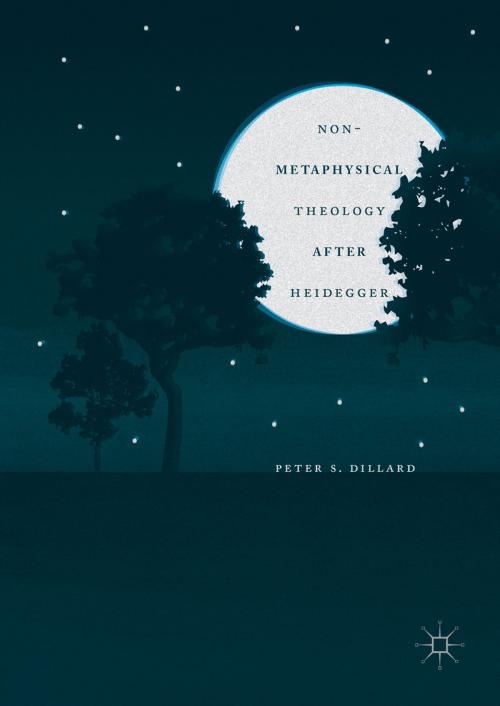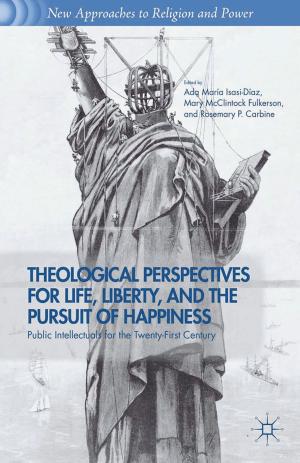Non-Metaphysical Theology After Heidegger
Nonfiction, Religion & Spirituality, Philosophy, Phenomenology, Theology| Author: | Peter S. Dillard | ISBN: | 9781137584809 |
| Publisher: | Palgrave Macmillan US | Publication: | June 20, 2016 |
| Imprint: | Palgrave Macmillan | Language: | English |
| Author: | Peter S. Dillard |
| ISBN: | 9781137584809 |
| Publisher: | Palgrave Macmillan US |
| Publication: | June 20, 2016 |
| Imprint: | Palgrave Macmillan |
| Language: | English |
Using Martin Heidegger’s later philosophy as his springboard, Peter S. Dillard provides a radical reorientation of contemporary Christian theology. From Heidegger’s initially obscure texts concerning the holy, the gods, and the last god, Dillard extracts two possible non-metaphysical theologies: a theology of Streit and a theology of Gelassenheit. Both theologies promise to avoid metaphysical antinomies that traditionally hinder theology. After describing the strengths and weaknesses of each non-metaphysical theology, Dillard develops a Gelassenheit theology that ascribes a definite phenomenology to the human encounter with divinity. This Gelassenheit theology also explains how this divinity can guide human action in concrete situations, remain deeply consonant with Christian beliefs in the Incarnation and the Trinity, and shed light on the Eucharist and Religious Vocations. Seminal ideas from Rudolf Otto and Ludwig Wittgenstein are applied at key points. Dillard concludes by encouraging others to develop an opposing Streit theology within the non-metaphysical, Heidegerrian framework he presents.
Using Martin Heidegger’s later philosophy as his springboard, Peter S. Dillard provides a radical reorientation of contemporary Christian theology. From Heidegger’s initially obscure texts concerning the holy, the gods, and the last god, Dillard extracts two possible non-metaphysical theologies: a theology of Streit and a theology of Gelassenheit. Both theologies promise to avoid metaphysical antinomies that traditionally hinder theology. After describing the strengths and weaknesses of each non-metaphysical theology, Dillard develops a Gelassenheit theology that ascribes a definite phenomenology to the human encounter with divinity. This Gelassenheit theology also explains how this divinity can guide human action in concrete situations, remain deeply consonant with Christian beliefs in the Incarnation and the Trinity, and shed light on the Eucharist and Religious Vocations. Seminal ideas from Rudolf Otto and Ludwig Wittgenstein are applied at key points. Dillard concludes by encouraging others to develop an opposing Streit theology within the non-metaphysical, Heidegerrian framework he presents.















